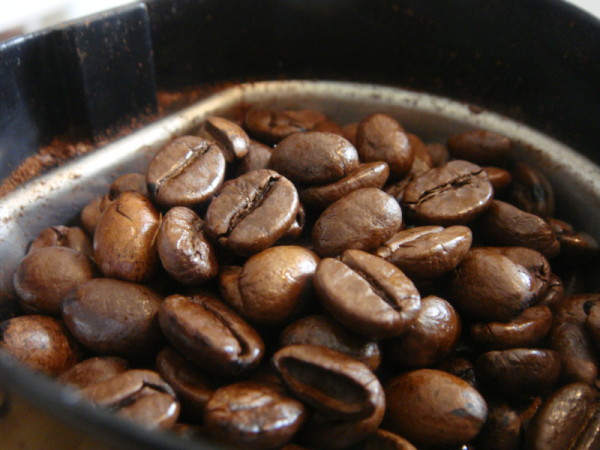Whether you need it for your upcoming exam, that big project due tomorrow, or just for daily function, caffeine is a universal way to fend off sleepiness and wake you up. Consumed by 90% of the world’s population, caffeine is a legal drug found in many forms, primarily in coffee, tea, soda, and chocolate. However, it is also found in other foods and beverages. Caffeine can be extracted naturally from plants, such as tea leaves, kola nuts, and coffee beans. It can also be synthetically produced.
Image Source: MAIKA 777
Caffeine is a universally accepted substance, consumed morning, afternoon, and night. It can be used to stave away fatigue or to act as a stimulant. But as you consume this drug, you may ask yourself: how exactly does caffeine work?
When caffeine is consumed orally, be it through drinking a cup of coffee or eating that chocolate bar, it gets absorbed by the body. From there, the caffeine is transported into the blood and circulates to the brain. Because of its structure, caffeine is easily able to pass through cell membranes, making this process very quick. It is in the brain where caffeine works its magic, going on to stimulate the entire nervous system.
Caffeine wakes us up by blocking the receptors for a chemical called adenosine, which is naturally produced throughout the day. When adenosine accumulates, we feel tired. This happens because it blocks the release of other chemicals needed for brain activity. By preventing adenosine from working, caffeine allows other chemicals to continue being released, keeping us awake. Caffeine breaks down in about eight to ten hours, allowing adenosine to do its job and making us feel the effects of a long day of activity.
Image Source: PhotoAlto/Frederic Cirou
Like any drug, a tolerance can be built against caffeine, especially if it is consumed on a daily basis. Because of caffeine tolerance, you may need to consume more of it to feel the same effect as before. Likewise, withdrawal from caffeine is also possible. If you regularly consume coffee and suddenly cut yourself off, you may feel withdrawal symptoms, such as headache, fatigue, and irritability, for a short period of time. However, caffeine dependence is much less severe than that of other drugs, so symptoms of withdrawal will go away in a few days.
Feature Image Source: Real coffee by Olle Svensson











Great article! It goes over simply how caffeine interacts with our body on a molecular level.
Awesome! Cooffeeeeee! So now I know what’s going on in the deepest molecular reaches of my brain when I hit it every morning with that essential jolt of java …
Just one more thing though — how many cups can I hit, before you call it an overdose?